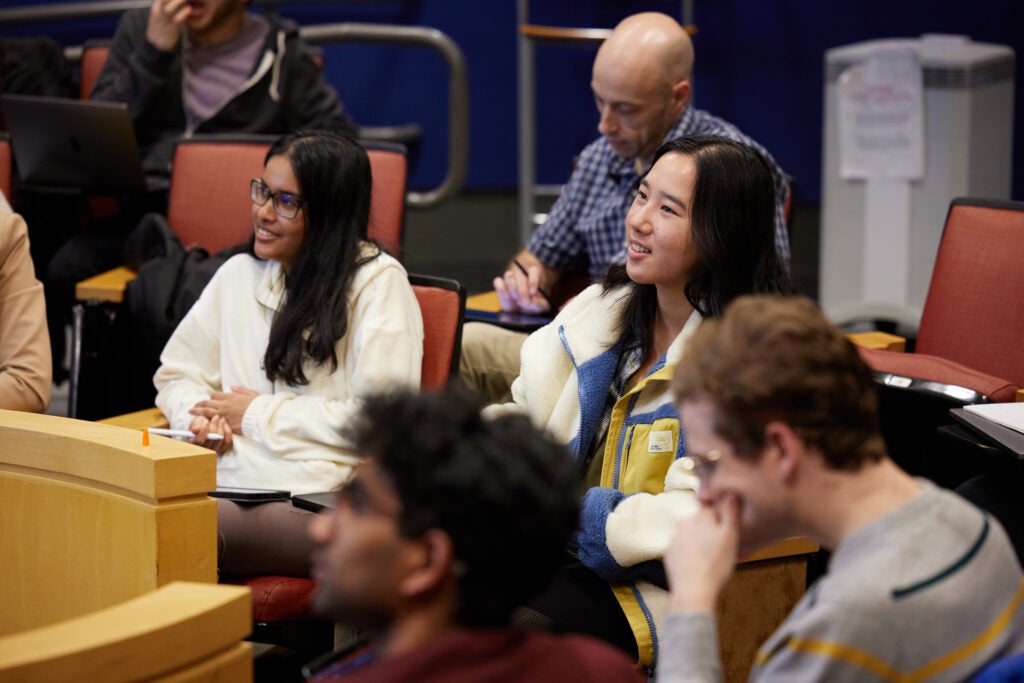Department of Biostatistics
The Department of Biostatistics tackles pressing public health challenges by conducting cutting-edge research and translation and by offering top-quality education and training.
655 Huntington Avenue Building 2, 4th Floor
Boston, MA 02115
Who We Are
The Department of Biostatistics is widely recognized as the leading biostatistics research and education program in the United States. Our top-ranked program features:
- Exceptional faculty, global leaders in their areas of expertise.
- Thriving alumni, equipped with exceptional skills, and making a difference at the world’s top universities, agencies, NGOs, and companies.
- Innovative research, with pioneering approaches to computational biology, quantitative genomics, and big data analysis.
- Culture of collaboration, offering outstanding opportunities to partner with institutions including Harvard Medical School, Dana-Farber Cancer Institute, and Boston’s world-class hospitals.

In our biostatistics cohort, we always go to class together, we do projects together, we help each other with homework, and we also hang out after class.
Jeremiah Zhe Liu, SM ’15 – Biostatistics
Annual Department Awards
Each year, the Department of Biostatistics presents two major awards
Marvin Zelen Leadership Award in Statistical Science
This honor is awarded to an individual in government, industry, or academia who, by virtue of outstanding leadership, has greatly impacted the theory and practice of statistical science.
Myrto Lefkopoulou Distinguished Lectureship
This lectureship is awarded to a promising statistician who has made contributions to either collaborative or methodologic research in the applications of statistical methods to biology or medicine and/or who has shown excellence in the teaching of biostatistics.
Degree Programs
PhD Biostatistics
The Doctor of Philosophy program in Biostatistics gives students deep expertise in the theory and practice of biostatistics and bioinformatics.
SM Biostatistics
The School offers three Master of Science programs in biostatistics—each designed for students with different levels of professional experience and educational goals.
SM Computational Biology and Quantitative Genetics
The Master of Science in Computational Biology and Quantitative Genetics is designed to provide students with both statistical and epidemiological skills.
SM Health Data Science
The Master of Science in Health Data Science is designed to give participants the knowledge and targeted skills required to work in health data science.


